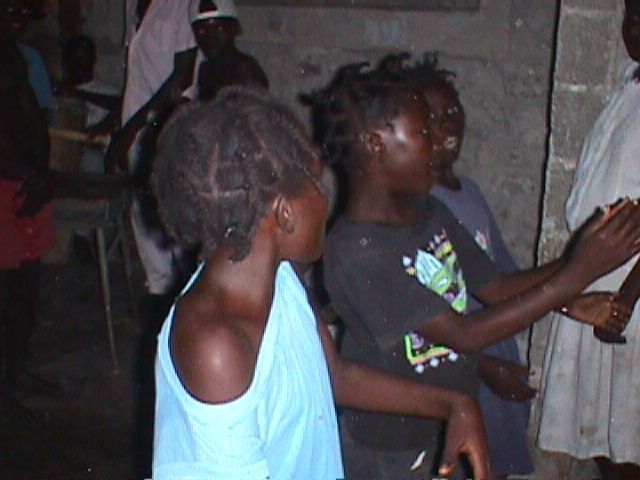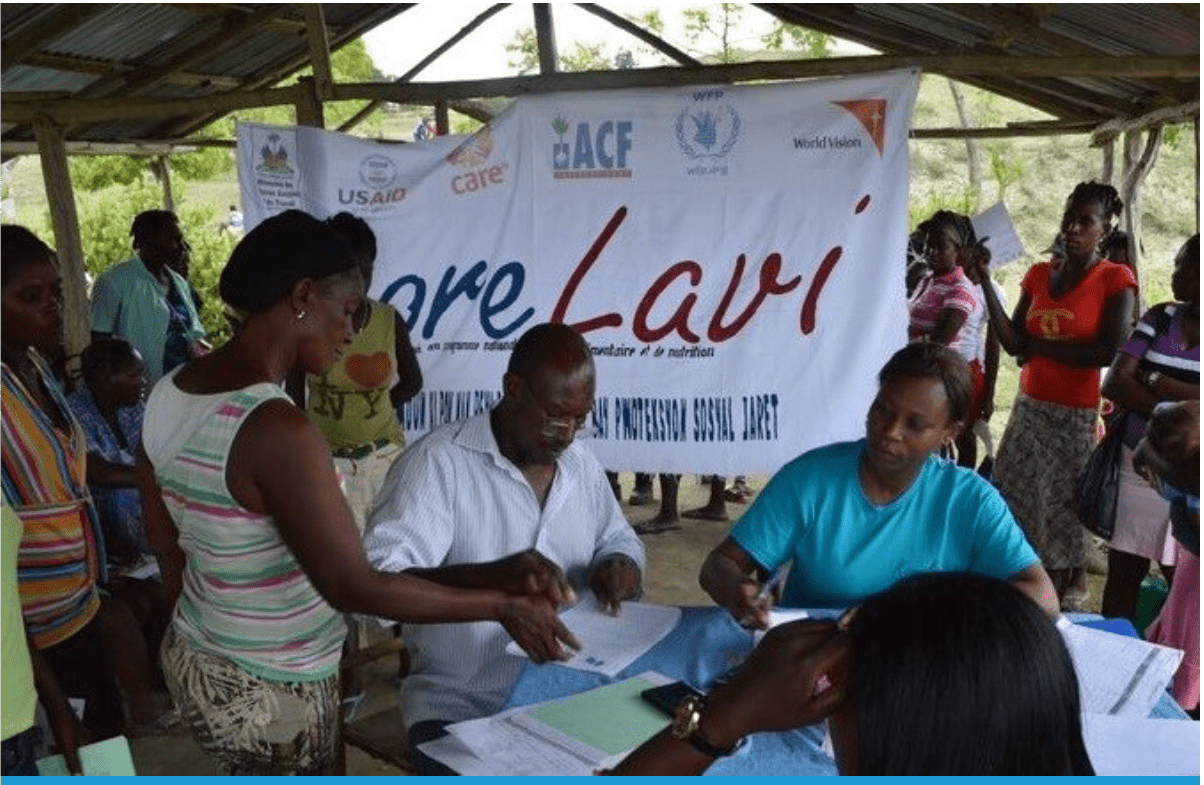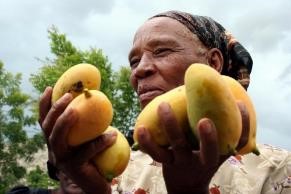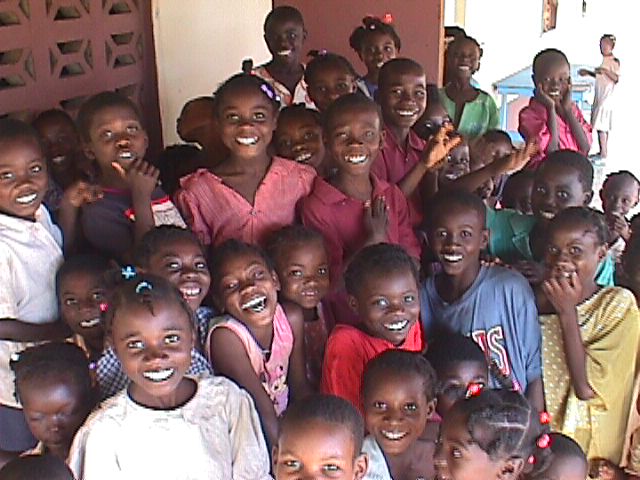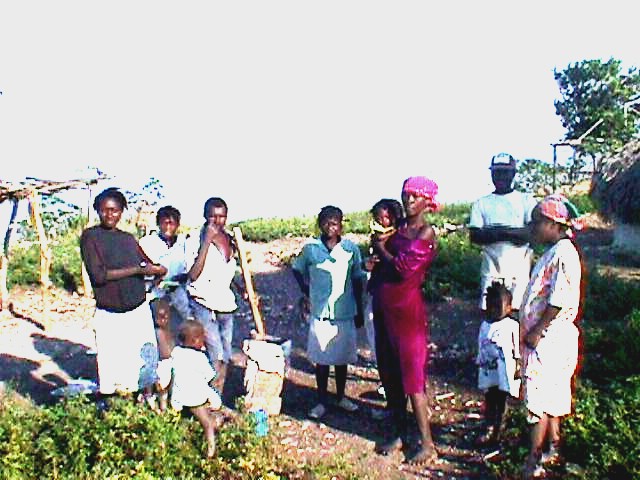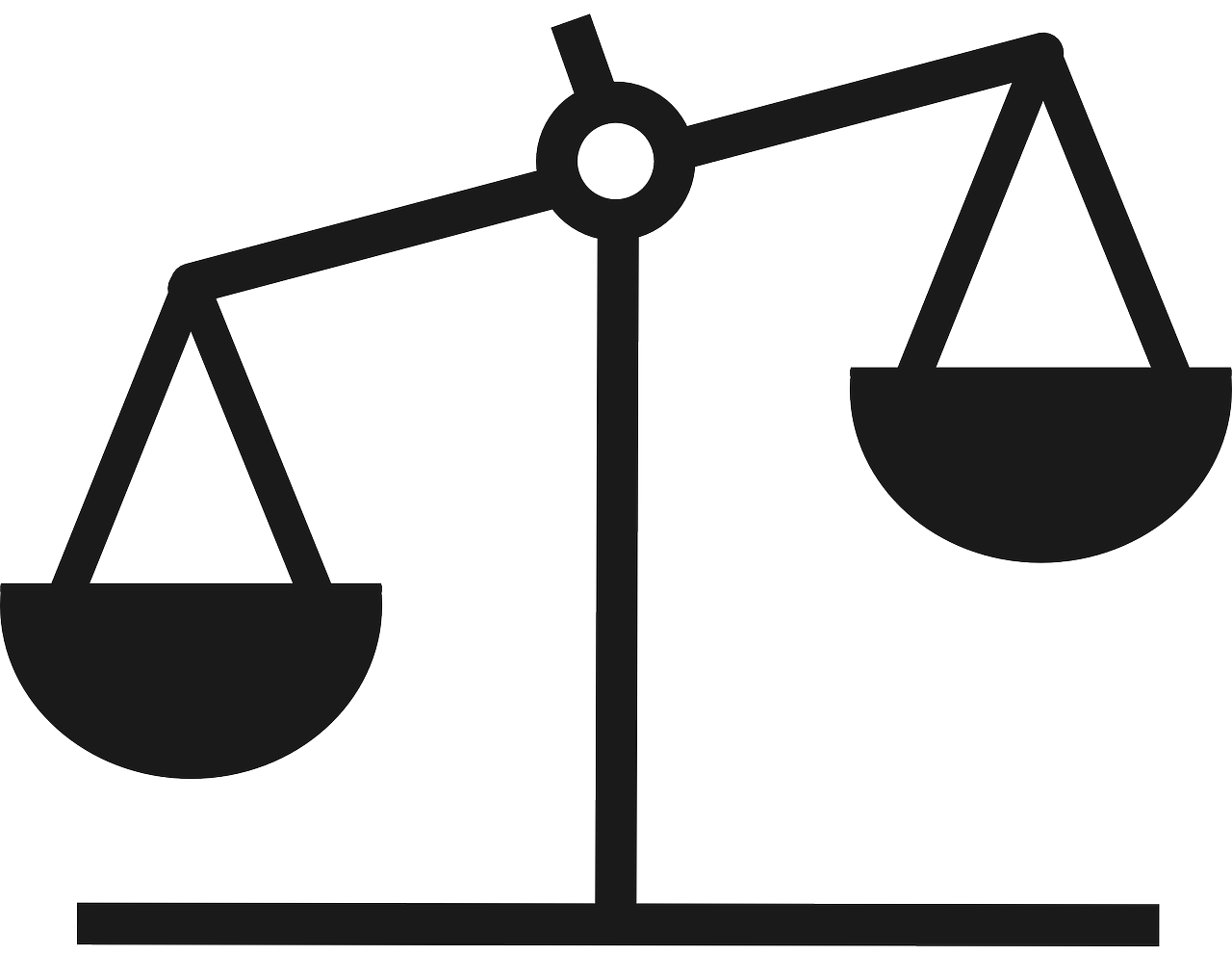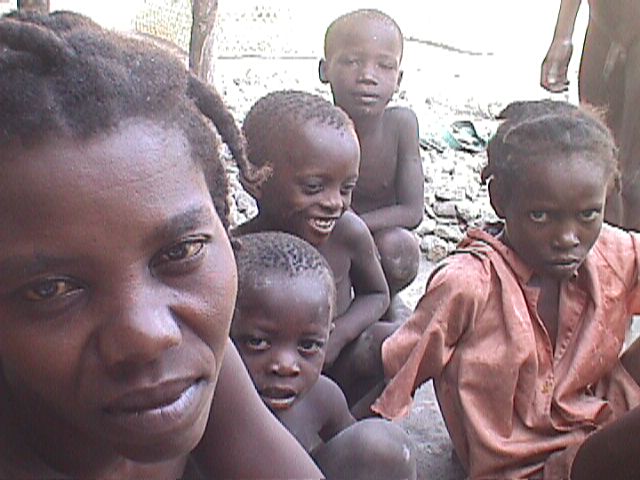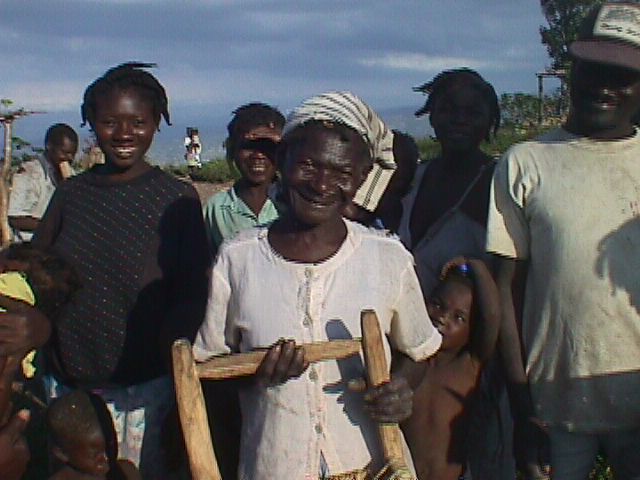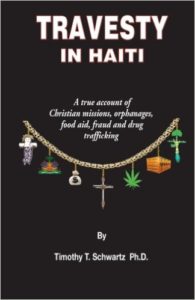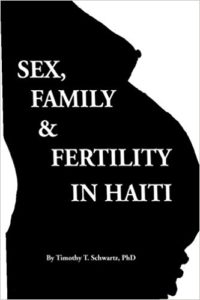The Sexual Moral Economy in Rural Haiti
Rural Haitian women assiduously negotiate sexual acquiescence to men and they do so with the goal of material gain. Ira Lowenthal (1984: 22) first described this behavior in detail when he reported that women in his research community referred to their genitals as intere-m (my assets), lajan-m (my money), or manmanlajan-m (my capital), in additionRead More
Failure of the HDVI : Beneficiary Criteria, Indicators, and PMT (Proxy Means Test) in Haiti (Human Deprivation and Vulnerability Index)
To identify most vulnerable beneficiaries, humanitarian organizations in Haiti have often used criteria based on expectations from elsewhere in the world, criteria that are often not based on data, and that, more often than not, fail in Haiti. The best and most controversial flood of examples comes from the World Bank/WFP/USAID supported HDVI (Humanitarian DeprivationRead More
Haiti Hope Gender Travesty
In this paper I take a look at how NGO use of “asosyasyson”–what might better be called cooperatives–have probably hurt the economic autonomy of rural Haitian women. Specifically I look at USAID/Coca Cola/IDB funded Haiti Hope Mango project. The project was implemented by TechnoServ. I don’t mention it here, but we’ve observed a similar phenomenonRead More
Haiti Orphanage Report (UNICEF/IBESR 2013): Unpublished
This is the controversial UNICEF/IBESR report, conducted by Sociodig, a Haiti-based research company. I’ll let interested readers be the judge regarding the quality of the work. But as can be seen from the report, it was a massive amount of research. Quite simply, there is no study of orphanages in Haiti that comes close to itsRead More
“Pronatal Sociocultural Fertility Complex” and “Sexual-Moral Economy”
Researchers working in Haiti have long noted that rural parents were extremely pronatal. Both men and women hoped to have large families with many children. Social scientists typically explained the trend with “love” and “prestige,” “absence of contraceptives,” and “tradition” (Herskovits 1937: 89); “the desire to live with reason, and to die with dignity” (Lowenthal 1987: 305);Read More
Explaining Caribbean Family Patterns
The anthropology of the Caribbean has been called “the battle ground for competing theories regarding family structure” (D’Amico-Samuels 1988: 785). Anthropologists were confounded by a distinct regional family structure, including late age at marriage, high rates of births to single women, matrifocality, child dispersal, de facto polygyny, serial monogamy, and severe beating of children. EarlyRead More
Fewer Men, More Babies: The Problem with the ‘Proximate and Intermediate Determinants of Fertility’ in the Caribbean
Here I want to show how Bongaarts and Potter’s (1983) “proximate and intermediate determinants of fertility” are inconsistent with ethnographic reality in the early and mid-20th century Caribbean. To do this I examine one of the great demographic mysteries of the Caribbean: the irony of increasing birth rates when fewer men were present, i.e., fewerRead More
Anthropology of NGOs: How Activist Humanitarian Aid Agendas Corrupted Social Sciences in the Caribbean
The obscurantism of political and economic agendas has always pervaded discourse on Caribbean family patterns, but anthropology had a stronger materialist orientation in the early and mid-1900s, one that lent itself to rigorous analysis of causation. By the 1970s and 1980s, hope was fading. A fog of research agendas, convoluted analyses, ideational and cultural causalRead More
The Missing Link in Understanding Caribbean Family Patterns: The Neglected Half of Chayanov’s Rule
The basis of my arguments in this article is that children are useful on the non-industrialized farm because they work. The point might at first seem trite and obvious, but in recent decades social scientists have so rigorously denied the economic utility of children in developing areas that the denial itself is fascinating. Moreover, IRead More
Polygyny in Haiti
Little has changed in the 36 years since Melvin Ember (1974) admonished social researchers for what he called androcentric (male-centered) assumptions. The consequence, Ember warned, is too often a false image of the degree to which societies are patriarchic. This is especially true for Haiti. Most scholars and activists present Haitian women as among theRead More
